We all know Suzanne De Passe from the Motown times of the Jackson 5. She just spoke to Variety about her career, her early start in the music business and the future after the pandemic.
Suzanne signed off the Jackson 5 for Motown and developed the group to be as successful as possible with their first four singles went to No. 1 on the Billboard Hot 10!
And here the part of the interview regarding the Jackson 5:
How long was it before you met the Jackson 5?
Well, the first place I stayed in Detroit was this motel called the Harlan House, while they were getting a room ready for me in the building where they put up everyone from out of town, 1300 East Lafayette Street. Diana Ross had the penthouse, various executives and many of the artists who were not Detroit-based were there, like Cindy Birdsong and Bobby Taylor of Bobby Taylor and the Vancouvers.
In April, not long after I arrived, Martin Luther King was assassinated and there was rioting. One of my colleagues at the company, Billie Jean Brown, knew I was in a vulnerable place and came and picked me up and took me to her condo in the suburbs until things calmed down. Then I moved to the Lafayette house, and that’s where in the late spring of 1968 I met the Jackson 5.
Bobby actually brought them in. He invited me down to his apartment — which I resisted at first — but they sang a capella for me, and it didn’t take a genius to figure out this was something really special. When I finally reached Mr. Gordy on the phone, I said “Just wait till you see these kids — we’ve gotta sign them,” and he said “Kids?! I don’t want any kid acts! Do you know how much trouble Stevie Wonder is?” You have to remember I was just getting my feet wet, but I was so persistent that he finally saw them, and the rest is history.
Joseph [Jackson, father and manager] was very instrumental in bringing them to a certain point, no doubt about that. But the Motown machinery, of which I was a very big part… Mr. Gordy put me in charge of everything having to do with them except the actual producing and writing of the records: the show, the wardrobe, the banter, the choreography — we did the choreography for “I Want You Back” in my living room — putting them in schools, finding them a house, doctors, a dentist; finding songs for them to cover because they didn’t have enough hits for the early shows. And when I found the second act I wanted to sign — the Commodores with Lionel Richie — [Gordy] didn’t even have to see them, he just said, “Sign them.”
What like first working with the Jackson 5 early on? Was Michael precocious even then?
Well, yes. Michael asked a million questions, was a very mischievous kid and so much fun. Before they were famous we had lots of time together, getting them ready. I understand there are a couple of shots in the Janet Jackson documentary of early rehearsals that I had with them.
How long was it before you launched them into the world?
Not quite a year, I think. And then there was this explosion — you can’t imagine how overwhelming it was. It was like Beatlemania with young kids, none of us had ever seen anything like it. It was astonishing how quickly it all happened — we had four No. 1 records in a row.
How do you hang on when things are moving that fast? How do you prepare?
I don’t know that it was anything one could prepare for — that meteoric thing that happened. And you have to understand, in those days we didn’t have laminated backstage passes or security or entourages, so we just did it ourselves. We didn’t have wardrobe people — the reason Michael is wearing that purple hat on “The Ed Sullivan Show” is because our luggage got lost and my cousin Tony Jones and I had to run down to the Village and buy them clothes for the show. We saw the purple hat on the shelf, “Oh, let’s take that too,” not realizing it was going to become iconic.
How did they cope with the fame? Did they do okay?
Well, no. Not really. In the beginning, it was very egalitarian — people were interested in what Tito or Jackie or Marlon thought. And as the records became more popular and they became more popular, people really wanted to talk to Michael, and secondarily to Jermaine and not so much to the other guys. I think it really drove a wedge.
Was Michael’s intelligence always evident?
Michael Jackson was a human sponge, and he was soaking up as much information and knowledge and experience as he could. He was very much a fan of old movies, as I’m sure you know — the Fred Astaires, Elizabeth Taylors, Katherine Hepburns, and those were the people that he pursued to get to know. He was definitely a curious, engaged, interested person. And I think it’s no accident that he became the Michael Jackson that basically everyone knows.
Did you work with them less over time?
Yes, I came off the road after the second tour because Mr. Gordy had put me in charge of West Coast A&R. It was kind of creepy being on the road anyway. I would go out for soundcheck and if a different person was on the door when I came back, they’d think I was a groupie and I’d have to get one of our tech guys to get me backstage, things like that.
Did you work with them less over time?
Yes, I came off the road after the second tour because Mr. Gordy had put me in charge of West Coast A&R. It was kind of creepy being on the road anyway. I would go out for soundcheck and if a different person was on the door when I came back, they’d think I was a groupie and I’d have to get one of our tech guys to get me backstage, things like that.
Read the full interview at Variety


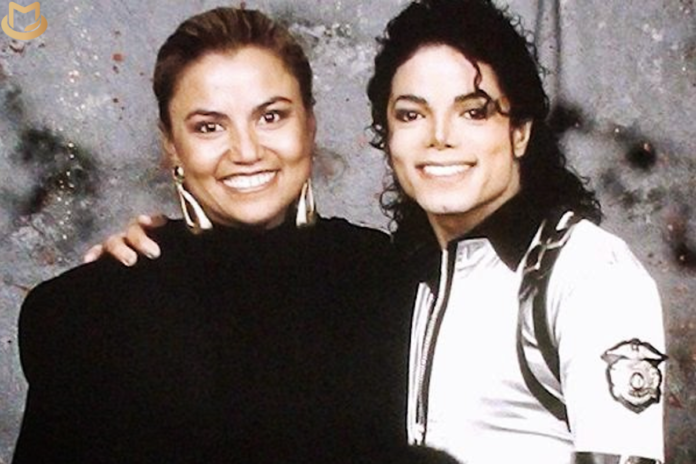
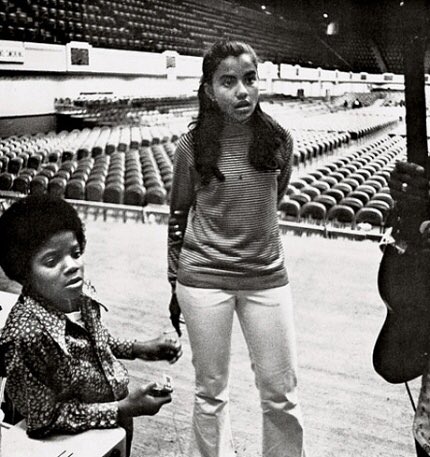
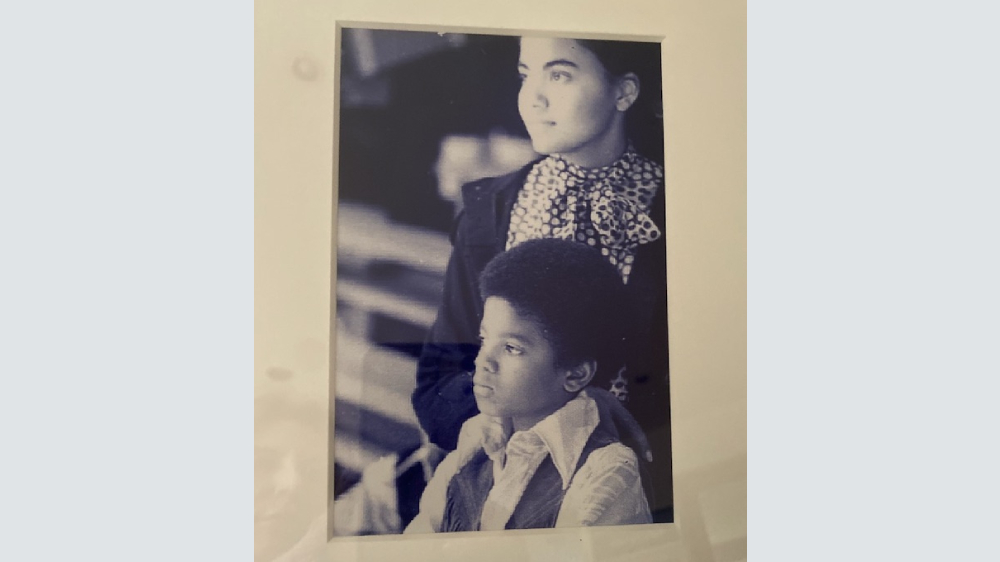
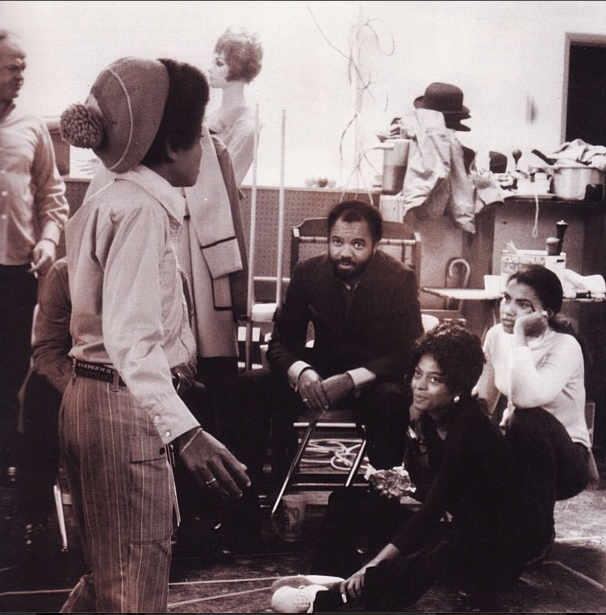
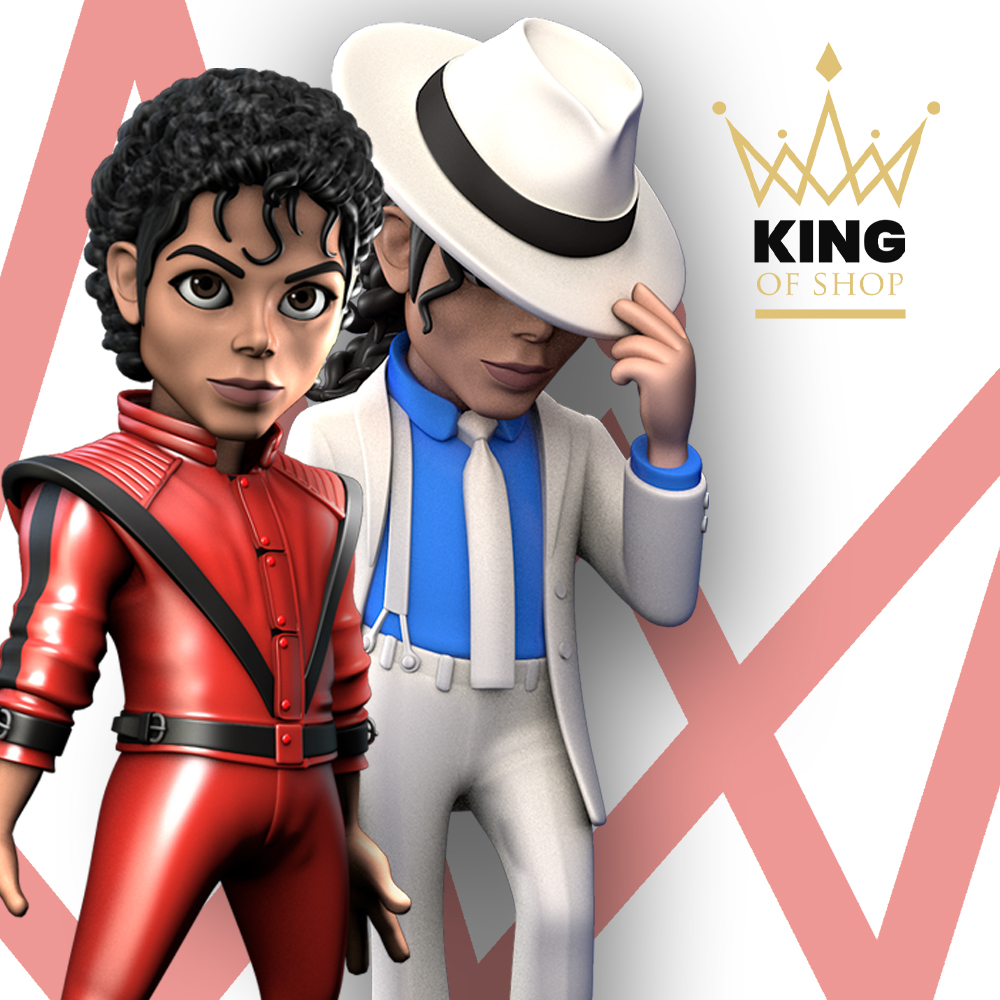
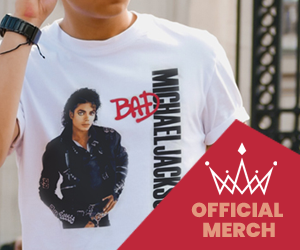
Thank you, Suzanne !